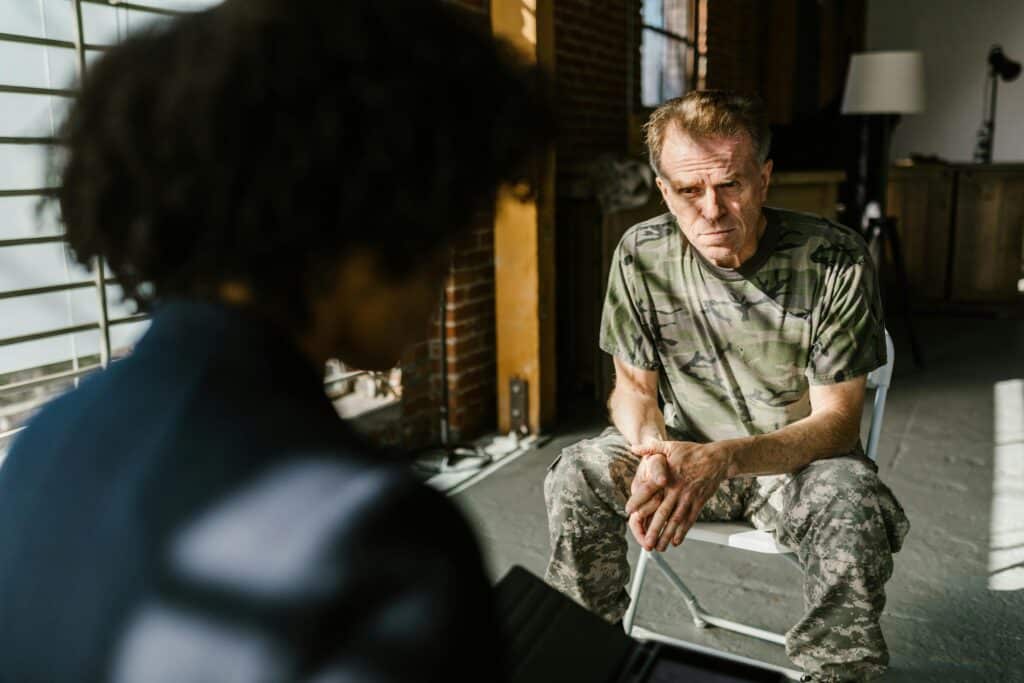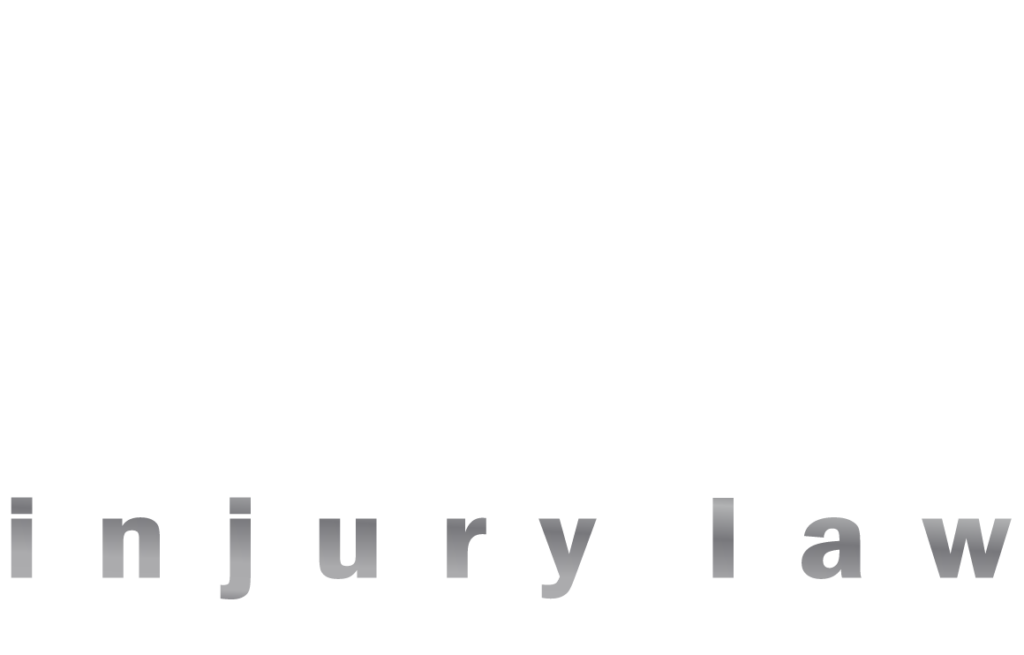If you are a military veteran with injuries from your time in the service that still impact you daily, a motor vehicle accident can have a huge impact on your life. A car accident may intensify past injuries and trauma, complicating your recovery and strengthening the need for a personal injury claim. If you’re a veteran injured in a car accident, knowing your rights and next steps is crucial to protecting both your health and your benefits.
At Hale Injury Law, we understand the unique needs of veterans. We’re here to ensure that your service-connected injuries are considered when building your personal injury claim and to help you access the compensation and care you deserve.
Your whole story matters, your rights matter, and the treatment after an accident is crucial. Let the experts at Hale Injury Law help you navigate the process.

1. How Car Accidents Affect Service-Connected Injuries
Anyone in a motor vehicle accident may face emotional distress and physical injuries. For veterans, even a seemingly minor accident can have serious consequences. Conditions like traumatic brain injury (TBI), nerve damage, back injuries, or PTSD may resurface or worsen after a collision.
For example:
- Whiplash might aggravate a prior spinal injury.
- Loud impacts or airbag deployment may retrigger PTSD.
- New physical trauma may overlap with existing nerve damage, making diagnosis and recovery more complicated.
Recognizing the signs early is essential for getting the right help. It’s not just about treating new injuries — it’s about recognizing how the accident affects your overall physical and mental health, especially as someone with a history of military service.
2. Why Veterans Need Prompt Medical Attention After a Crash
If you’re a veteran involved in a car accident, seek medical attention immediately — even if you think your symptoms are minor. Some injuries, especially internal or neurological ones, may not show up right away.
Getting a full medical evaluation:
- Documents any changes to your condition
- Helps distinguish between pre-existing and aggravated injuries
- Supports both your VA care and your legal case
Be sure to tell your provider about your military history and any prior diagnoses that might be impacted by the accident. It may be helpful to keep notes on how you are feeling, especially if there are changes to your daily routine.
3. Mental and Emotional Effects: PTSD and Beyond
Car accidents often carry an emotional toll, especially for veterans who already live with anxiety, depression, or PTSD. Sounds, impacts, and the suddenness of the crash may bring back memories of combat or trauma, creating psychological distress long after the physical injuries heal.
Common signs to watch for:
- Flashbacks, nightmares, or unwanted memories
- Avoidance of driving or travel
- Trouble sleeping, irritability, or hypervigilance
- Feeling numb, withdrawn, or disconnected
Recognizing these symptoms early and getting treatment is crucial. Left untreated, these reactions can affect your relationships, work, and recovery.
4. How to Strengthen Your Personal Injury Claim as a Veteran
Navigating the legal system after a crash can feel overwhelming, especially if you’re also dealing with the VA. Here are steps to take that protect both your health and your right to compensation:
– Notify the Right People
Tell both the Department of Veterans Affairs and your personal injury attorney about the accident as soon as possible. Establishing a timeline and linking new symptoms to the incident will help your case.
– Keep Detailed Medical Records
Track all appointments, treatments, prescriptions, and therapy related to the crash, especially if the injury worsened a service-connected condition. Mental health treatment counts too.
– Understand the Law Around Pre-Existing Conditions
You’re still entitled to compensation if the accident made your existing condition worse. Your attorney can help ensure you’re not dismissed just because the injury didn’t start with the accident.
– Follow Your Treatment Plan
Sticking to the doctor’s orders shows that you’re taking recovery seriously. This helps you physically and strengthens your case.
– Stay in Communication
Check-in regularly with your healthcare providers and legal team. Share updates honestly. Inform your team on what’s working, what’s not working, and if you’ve experienced any changes to your health and well-being.
5. Veterans and Loss of Enjoyment or Earning Potential
In states like Nevada, Arizona, and Utah, the law allows you to seek compensation not just for medical bills, but for how the accident has changed your quality of life.
You may be entitled to damages if:
- You can no longer participate in hobbies or routines that once supported your mental health
- The accident made it harder to work or forced you to take time off
- You’ve lost a sense of independence or stability
For veterans who rely on structure, therapy, or physical activity to manage their health, this disruption can be life-altering. The law recognizes that. The experts at Hale Injury Law are more than happy to help you navigate this process.
6. Why Legal Representation Matters for Veterans
Veterans injured in car accidents face unique obstacles. Between VA benefits, private insurance, and legal claims, the paperwork alone can be confusing. Proving that a motor vehicle accident worsened an existing condition only adds to this process. But you do not have to do it alone.
At Hale Injury Law, we have experience working with veterans and understand the systems you’re navigating. We’ll help you:
- Gather and organize medical evidence
- Work with the VA to document aggravated conditions
- File a claim that reflects the impact the accident had on your life
Get the Support You Deserve
You served your country. Now it’s time for someone to stand up for you. If you’re a veteran who was injured in a car accident — or if your existing injuries were made worse — you don’t have to face this process alone.
Contact Hale Injury Law today for legal guidance, compassionate support, and a team that’s committed to fighting for everything you’re owed.
